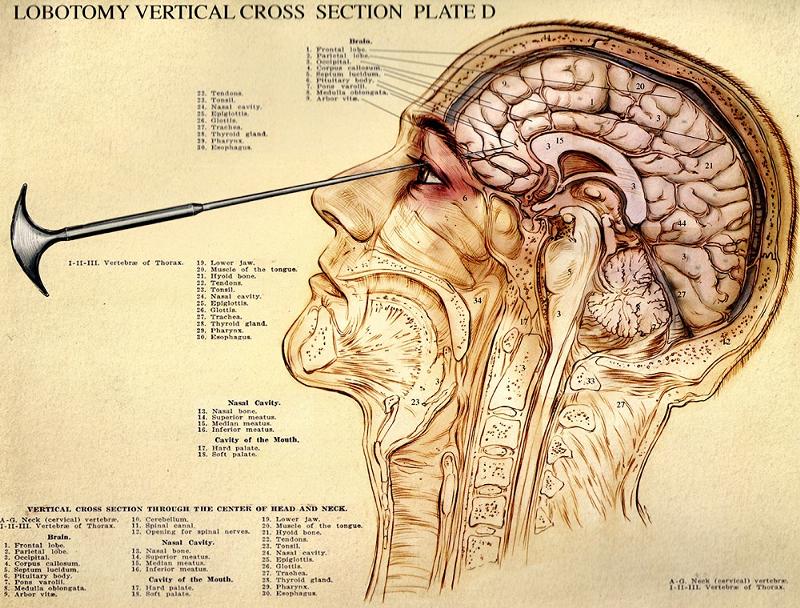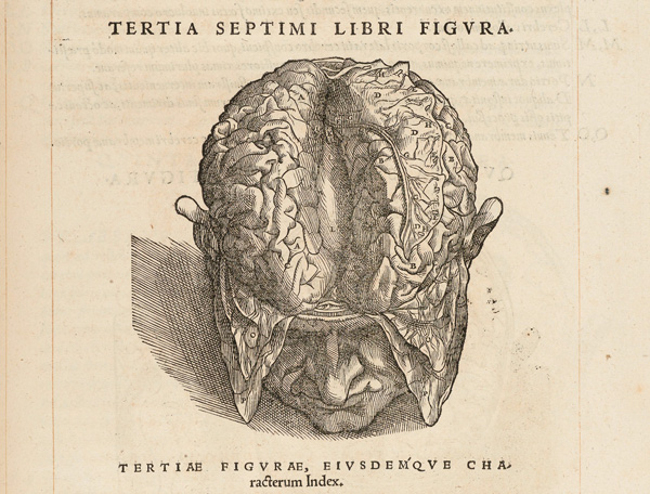Upward spiral. Tools to fight depression

Alex Korb is a neurophysicist, Ph.D. His doctoral thesis, defended at the University of California, Los Angeles, dealt with the topic of depression as many articles.
The book is suitable for people prone to excessive self-criticism and self-digging, as well as for those who want to improve the quality of life.
')
Should you read this book - I do not know, but I will try to give enough information to make a decision.
In this article, I will analyze the book of Alex Korb "The Rising Spiral" and share the main ideas from it, and whether it is worth your time is up to you.
Downward spiral
Depression is a failure of the interaction of neural circuits with each other and their connection with the outside world. Failure is associated with a disruption in the work of neural groups of thinking and sensation.
Depression mainly occurs in two parts of the brain: the prefrontal cortex and the limbic system .
The upward spiral, as well as depression, occurs in the brain and can be triggered with just a couple of positive emotions.
The book is divided into two parts:
- The fact that leads to depression and the mechanisms of the brain.
- On the impact of changes on the activity of the neural paths, as well as eight ways to overcome depression: physical activity, decisiveness in decision making, good sleep and habits, healthy eating, gratitude, support of others, and professional support.
For all people, neurons and neural chains are the same, therefore, what works for getting out of depression will also be effective for general improvement of the quality of life.
What is depression?
As usual there are two news - bad and good. The bad - no one knows, and the good - about depression is already known enough to understand how to help those suffering from it.
How to understand that you have depression
Every day for the last two weeks you have the following signs:
- Depressed mood, feeling of sadness or emptiness, increased irritability
- Reduced pleasure and interest in all or most activities
- Changes in appetite and significant weight changes
- Traction or sleeplessness
- Persistent anxiety, restlessness or inhibited reaction
- Fatigue and rapid energy loss
- A sense of futility of existence and unwarranted guilt
- Constant thoughts of suicide and death
If yes, then consult a specialist - you have a depressive disorder or clinical depression, but only a psychotherapist will make a precise diagnosis.
Back to the good news. Today we already know enough to understand the changes taking place in the brain. Turning to chemistry, the main neurotransmitters related to depression are:
- Motivating, uplifting and will-strengthening serotonin .
- Improving the concentration and activating the thinking of norepinephrine .
- Enhancing the pleasure of life and the feeling of joy, as well as the necessary dopamine to overcome the bad habits.
- Enhancing love, trust and affection oxytocin .
- Helping to relax and alleviate the alarming state of GABA .
- Improving sleep and responsible for the daily rhythms of melatonin .
- Euphoric and painful endorphins .
- And soothing, creating a feeling of peace, as well as improving appetite endocannabinoids .
There may be many possible perpetrators of depression - a violation of the production or transmission of any of the neurotransmitters may be the last straw and put into a depth of hopelessness.
When I begin to feel the full weight of being, walks in the fresh air help me. Even better if the walks are under the sun. Sunlight activates the production of serotonin and melatonin, and this improves mood and improves sleep. It is especially important to find time for walks, if I am in the room for a long time. A few minutes on the street during the day can save the next work week or even two.
About feelings
Delving into the book, you can understand which part of the brain is responsible for a particular emotion.
So the limbic system is responsible for desire and arousal. It consists of the hypothalamus, which controls stress, the amygdala, which is responsible for overcoming it, the hippocampus, which is responsible for the formation of long-term memory, and the cingulum, which controls attention and concentration.
Remember pleasant moments more often
Pleasant memories increase the production of serotonin - try to remember a pleasant event in life before going to bed and record it and your feelings in a diary, or just think about the pleasant emotions associated with it.
Other parts of the brain associated with depression

Also associated with depression is the striatum , and it is responsible for our attachments and habits. When the striated body fails, we may show impulsiveness and slowness, as well as unexpected addictions or reduced brain activity. This is due to impaired dopamine synthesis.
The insular cortex exhibits increased activity in depression and, as a result, susceptibility to pain and any unpleasant sensations increases.
Five factors affecting the onset of depression:
- Genetics - a factor affecting the development of the brain and neural networks.
- Children's impressions - affect the development and tuning of neural circuits. Even the stress suffered by the mother during pregnancy leaves its mark.
- The level of stress - the more stress, the higher the chance of depressing other neural circuits.
- Level of support - strong interpersonal connections help protect against depression. What matters is not their quantity, but quality.
- Luck - like any complex system, our brain depends on the influence of even minor elements.
Anxiety and anxiety - the main causes of depression
Make a decision
Anxiety and excitement arise from uncertainty. If you are inclined towards them, limit your choices where possible. The more choices there are, the less satisfaction a person feels because of the large number of reasons to worry. As soon as the final decision is made, the situation will become more manageable and the unrest will be reduced.
Do not scold yourself for excitement - this is one of the tools of evolution. Perhaps a million years ago, a certain prehistoric man saw the cave and said: “I’ll go see what’s there.” His friend got worried: “I don’t think this is a good idea!”
Bottom line: the first ate a cave bear, and the second became our ancestor. So do not blame yourself for excitement and anxiety - the brain is only trying to help.
The asymmetry of the ratio of positive and negative
The human brain reacts more negatively to the negative than to the positive. For example, losing a hundred rubles will upset more than a find could have pleased. The same goes for compliments and negative reviews about appearance.
This is due to the algorithm processing the brain information. Negative events cause an increased activity of the brain areas responsible for subconscious sensations and emotional reactions.
For happiness, the ratio of positive and negative in life should be about three to one.
Advice of the author, how to get out of depression:
- More physical activity. Go to the gym, run in the morning, if it does not work out - take a walk in the fresh air. Sitting work - inhibits the production of neurotransmitters, and this leads to a decrease in mood and depression.
- Set goals and make decisions yourself. It is important not only to set goals, but also to make at least some actions to implement them. In times of uncertainty, do at least something - it will be better than inaction. Read more about how setting goals and objectives helps to get out of depression - an article on Habré .
- Watch for sleep hygiene. Besides the fact that you need to sleep quite a lot, it is also important to go to bed, daytime activity and the amount of light, and much more. Do not forget about the phases of sleep and circadian rhythms - this greatly affects the quality of rest.
- Do not be afraid of psychotherapists. If you have any difficulties, or you feel depressed - contact a specialist, there is nothing shameful about this.
findings
H2O: ~ 40%
Pros : The accessible and simple language explains the mechanisms of the brain, the production of hormones and neurotransmitters, their impact on our lives and the appearance of depressive moods.
Good advice is given on general improvement in the quality of life - they will be useful not only for depressed individuals, but also for healthy people.
There is interesting information on the mechanisms of antidepressants.
Cons : Constant references to different chapters, because of this, at times it is difficult to read. There are no references to studies about which the author writes.
Personal conclusion : The book is easy to read and will be useful for a general understanding of the causes of depression, but is not suitable for in-depth study. Tips for overcoming depressive states are useful, although most of them are already well known - sleep well, do not forget about physical activity, make decisions yourself, etc.
From the book there can be an excellent allowance for both immersion in depression, and exit from it.
I hope you have benefited from the article, and it will help you decide to read the book. All good!
Book Information:
 Posted by : Alex Korb
Posted by : Alex KorbName : Rising spiral. How neurophysiology helps to cope with negativity and depression - step by step
Original : The Upward Spiral: Using the Neuroscience to Reverse
Publisher : Mann, Ivanov and Ferber, 2017
Source: https://habr.com/ru/post/401335/
All Articles